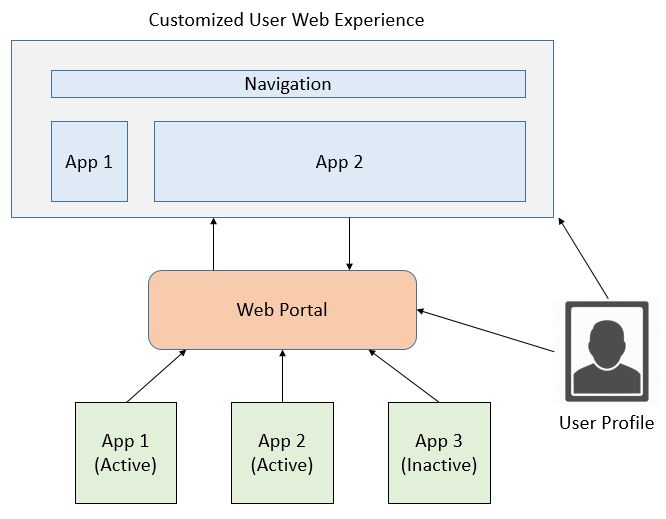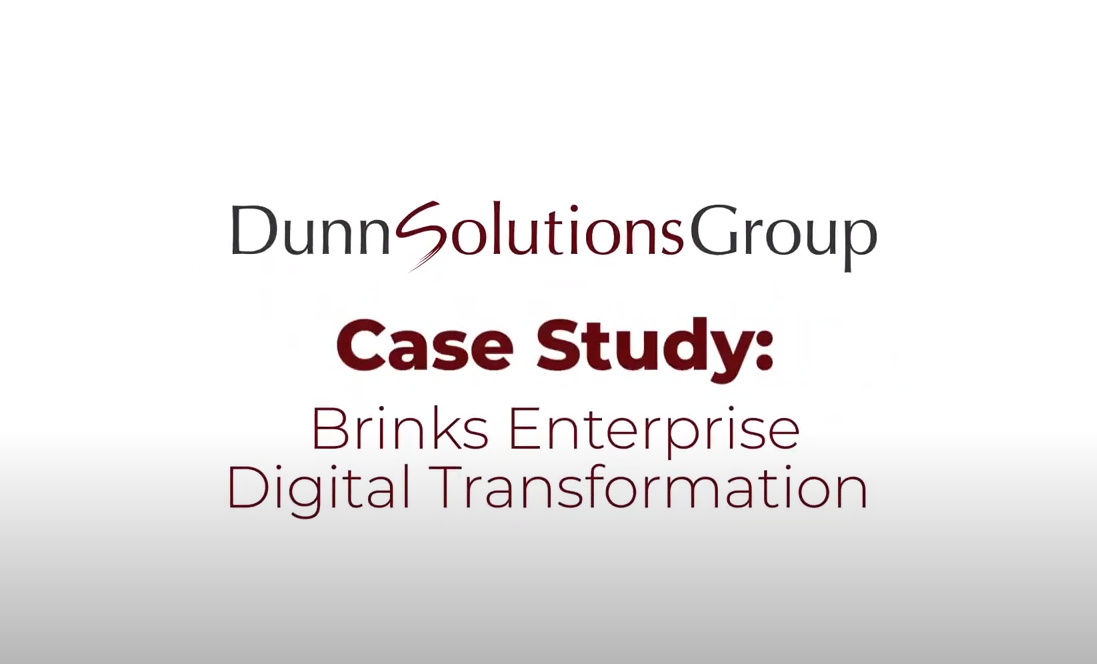Marketing teams and structures come in many different shapes and sizes. Whether you’re a one-person operation or a multi-faceted department consisting of several teams, modern organizations face a similar challenge in this arena: delivering desirable content to consumers. If a company wants to publish a blog, upload new product images, or debut it’s latest press release, it often involves coordination between some level of IT-savvy technical staff (web developers, designers, etc) and the involved marketing associates. Of course, in some organizations, this introduces additional bottlenecks and increases lead time for even simple needs.
What’s a Web Portal?
Web and enterprise portals along with CMS (Content Management Software) and WCMS (Web Content Management Software) have been around for many years. There are a lot of options out there and a lot of different terminologies for these systems, so let’s just keep a bird’s eye view of the whole thing before anyone gets confused (including me).

Here we have a simplified example of these elements at work. Our user is logged in and being served a user experience consistent with his/her permissions or configurations. Perhaps our user here has decided that they aren’t interested in using App 3, or maybe their permissions don’t allow them. That’s not an issue: they won’t even see the link in their navigation. They are instead interacting with Apps 1 and 2, and those apps are operating with the user’s access and configuration in mind.
This is a simple example of a portal platform with an implementation geared toward displaying content relevant to the signed-in user. Portals are a great option for a turn-key solution here, where developers can build a platform for your marketing team to “administrate” over. If you don’t want our user here seeing App 1, or if the user doesn’t like App 1, it could be like it never existed in the first place. Simultaneously, User 2, who does like interacting with App 1, will be busy doing so.
User Management Made Easy
If your website uses a sign-in process to drive customized, dynamic content and/or allows users varying levels of permissions, running a web portal and using CMS software might be a good move for your marketing team. Developers can create a solution providing you the administrative capability to manage users in the portal administration. Often with just a few clicks of your mouse, you can designate a user to be a message board moderator, or a content approver, while limiting their role’s increased access to that duty.
Content Management Simplified
Marketers love rich, relevant content on their company site. Sometimes, there are a few layers of teams involved in initiating even simple requests. Let’s say you have a new product launching next month, and your team has several parts of the site that will need updating. Good development in the design here pays dividends for your team and organization. Instead of initiating tickets or work orders and working extensively with internal or external developers, you can use a pre-fabricated template and follow the inputs and even automatically publish your content. Concepts like this make tasks like uploading new press releases, products, blog posts, etc. a total breeze. Need to swap out the pdf you included for download alongside that new press release? Your web content management system is going to give you the ability to get it done in 2 minutes instead of waiting on IT associates.
The Turn-key Concept Saves You Time and Money
Experienced development teams can create vibrant websites running on well-designed back-end systems with the logic needed to make your life easier. You can commission the design of a site’s front-end and create requirements for engineering the back-end that are geared to benefit your marketing team. Templates can be created for content uploads to make sure that your marketers are creating stylistically unified blog posts, while the new intern that you just hired can change the price on your products as soon as you need to. The goal here is simple: empower your marketing team by giving you control over your content while also ensuring that your non-technical staff don’t have to develop any demanding level of technical expertise.
So, that’s it for our overview of why web portals might be a good fit for your organization. If you want to learn more about why a web portal might be the right move for your team, don’t hesitate to reach out to us here at Dunn Solutions. Our sales staff and portal developers would be happy to discuss your requirements and talk about how we can help empower you.





